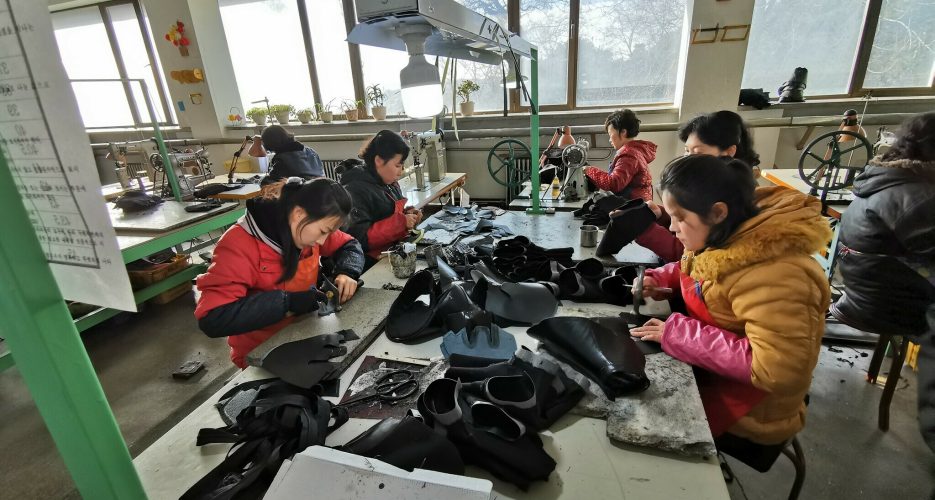About the Author
David Matthew
David Matthew is pursuing a Master’s degree in Public Policy at Edinburgh University in the UK with a focus on security, trade, and technology in the Asia-Pacific.

Get behind the headlines
|
Analysis How and Why North Korea Could Experience Economic Reform In a recent interview with the Korean Economic Institute scholar Andrei Lankov argued that North Korea is not in a position to follow the path of economic reform witnessed in countries like China due to the onerous presence of South Korea. As he put it, “In China, reforms are possible because there is no South China.” But the notion that China was able to undertake economic reforms in a cultural or geographic vacuum does not seem well-supported by evidence. What we do know is that when Deng Xiaoping started instituting economic reforms in China in 1978, the various countries with high populations of ethnic Chinese in the region - Singapore, Hong Kong, and Taiwan among others - had per capita GDPs as high as 15 times that of mainland China. Moreover, there was a sizable Chinese diaspora around the world numbering as many as 50,000,000 - a number of whom we might imagine would have been in contact with citizens of the mainland about outside levels of prosperity and opportunity. All of which is to say that an economically opened China, where the citizens often still live below the prosperity of ethnic Chinese elsewhere in the world or even in nearby Asian nations, is not experiencing the type of dramatic revolution that many like Lankov forecast for an economically opened North Korea. © Korea Risk Group. All rights reserved. |